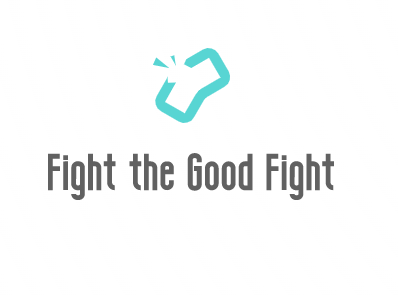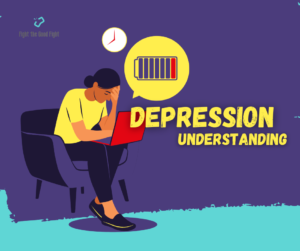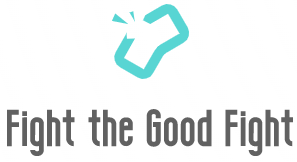In today’s digital age, access to explicit adult content has become easier than ever before. With just a few clicks, one can indulge in a vast array of pornography available online. However, for some individuals, watching porn can become an impulsive behavior that negatively impacts their lives. This article explores the reasons why watching porn can be an impulsive behavior and its potential consequences.
1. Instant Gratification: One of the primary reasons why watching porn can become impulsive is the immediate gratification it offers. The human brain is wired to seek pleasure, and the explicit nature of pornographic content can trigger a powerful rush of dopamine, a neurotransmitter associated with pleasure and reward. This instant pleasure can lead to impulsive behavior, as individuals seek to satisfy their desires without considering the long-term consequences.
2. Escapism and Stress Relief: Pornography often serves as an escape from reality or a means of stress relief. People may turn to porn as a coping mechanism to alleviate feelings of loneliness, boredom, or stress. It offers a temporary distraction from life’s challenges and responsibilities. However, relying on porn as a coping mechanism can lead to impulsive behavior, as individuals may use it as a quick fix instead of addressing the underlying issues causing distress.
3. Accessibility and Anonymity: The advent of the internet has made porn easily accessible and provides a degree of anonymity. Individuals can watch porn in the privacy of their homes without fear of judgment or social consequences. This accessibility and anonymity can make it easier for impulsive behavior to develop, as there are no immediate external deterrents or accountability measures in place.
4. Habit Formation: Watching porn can lead to the formation of habits. The brain’s reward system reinforces behaviors that provide pleasure, and repeated exposure to pornographic content can create a cycle of craving and seeking it out. This habit formation can result in impulsive behavior, where individuals feel compelled to watch porn even when they may not want to or when it interferes with other aspects of their lives.
5. Negative Consequences: While watching porn itself may not be inherently harmful, excessive and impulsive viewing can lead to negative consequences. It can affect personal relationships, as individuals may struggle with intimacy or develop unrealistic expectations about sex. It can also contribute to a decline in self-esteem, body image issues, and feelings of guilt or shame. Moreover, excessive consumption of pornography may lead to desensitization, where individuals require increasingly explicit or extreme content to achieve the same level of arousal, potentially leading to a distorted view of healthy sexual relationships.
6. Escalation and Addictive Tendencies: For some individuals, impulsive porn watching can escalate into addictive behavior. The constant pursuit of novelty and the dopamine rush associated with new content can lead to a cycle of compulsive behavior and craving. This can result in diminished control over porn consumption, negative impact on daily functioning, and withdrawal symptoms when attempting to cut down or stop.
Recognizing impulsive behavior around porn is crucial for individuals who find themselves caught in this cycle. Seeking support from mental health professionals, such as therapists or counselors, can provide guidance and strategies for managing impulsive behavior. Engaging in healthier coping mechanisms, such as exercise, hobbies, or developing intimate connections, can also help break the impulsive cycle.
In conclusion, while watching porn may be a personal choice, it can become an impulsive behavior with potential negative consequences. Factors such as instant gratification, escapism, accessibility, habit formation, and the potential for escalation and addiction contribute to the impulsive nature of porn consumption. Understanding these factors and seeking support when necessary can help individuals regain control over their behaviors and lead healthier, more balanced lives.



